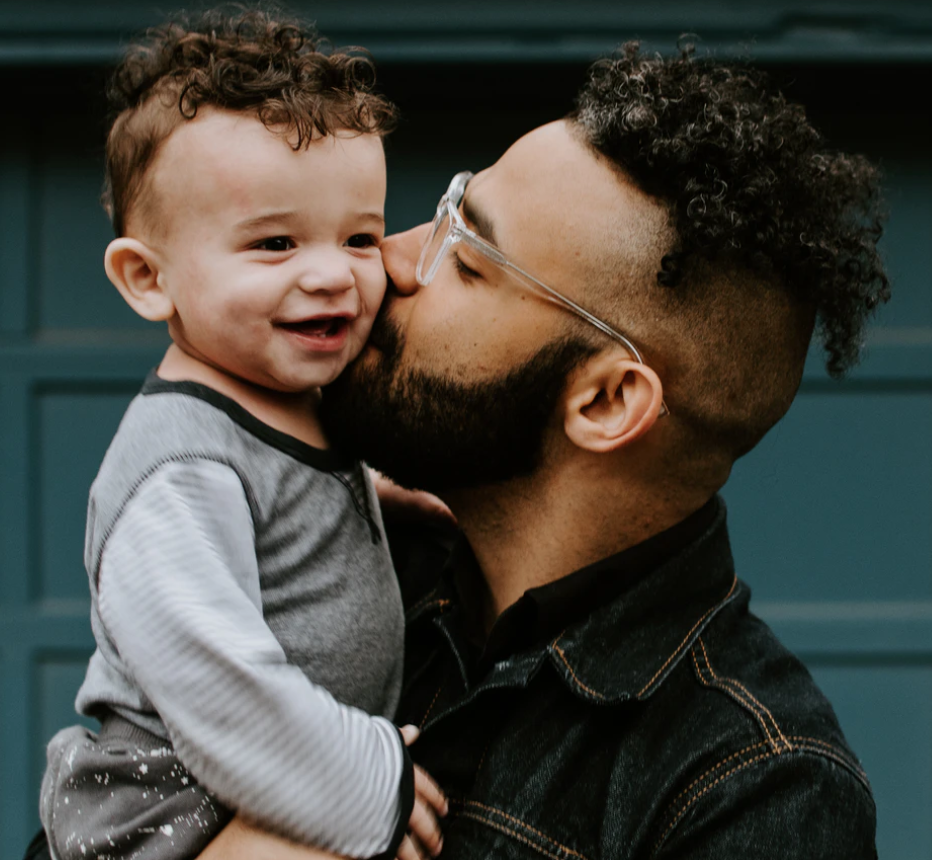Father’s Day & Domestic Violence

There are a lot of myths and misconceptions about domestic violence. One of these myths, that abused children grow up to be abusers themselves, I know to be false from my experience growing up with a survivor of domestic violence. From a very young age, I knew that my father grew up in a house rocked by my grandfather’s explosive temper. I heard stories about the time he put all my grandmother’s clothes on the front lawn and burned them for all the neighbors to see. I heard about how my grandmother would load my dad and aunt into the car and drive out into the desert around their Las Vegas home if my grandfather hadn’t come home from the bar by a certain time. My grandmother knew that a cold night in the desert was the only way to protect her family from his abuse. I heard about other things that happened too, things that my grandmother and her children had to endure because of my grandfather and lack of support from their family, church and others charged with their protection. There were no places like Genesis for her and her kids in the 1960s.
The misconception many might have about my father is that because he experienced domestic violence, he too might have abusive tendencies. In my case it was the exact opposite. My father is one of the kindest men that I know. He is someone who has overcome those things from his childhood to become a great husband to my mother and father to my brother and me. In fact, the myth that the majority of those that experience domestic violence as children become abusers has been disproven in multiple studies. I often tell my students’ mothers about my dad so they can know that their kids can grow up to be kind and gentle adults too.
I recently had the opportunity to share my dad’s story with someone who was very much like my dad. This person was a childhood survivor of domestic violence who was also a kind and gentle family man. When I told him that he was a lot like my dad he said, “I guess that makes you like my son.” I was struck by this statement, feeling both honored and a sense of responsibility to live up to the example that my dad set for me. He noted how I worked with those affected by DV and asked me, “How did your dad teach you to not be like your grandfather?” I told him that it wasn’t really the stories about the abuse that my dad told or even his instruction to never hit a woman. It was the example he set for me. I saw how he treated others. I saw in my parents’ relationship and in their relationship with me things that I want in my own relationships with my wife and daughters: care, love and perhaps most importantly, respect. I told this survivor that the example he sets for his son will be something that that his son will carry with him for his whole life, ending the cycle of violence just like my dad.
Written by Carl Busbey, director of education at Genesis Women’s Shelter & Support.
